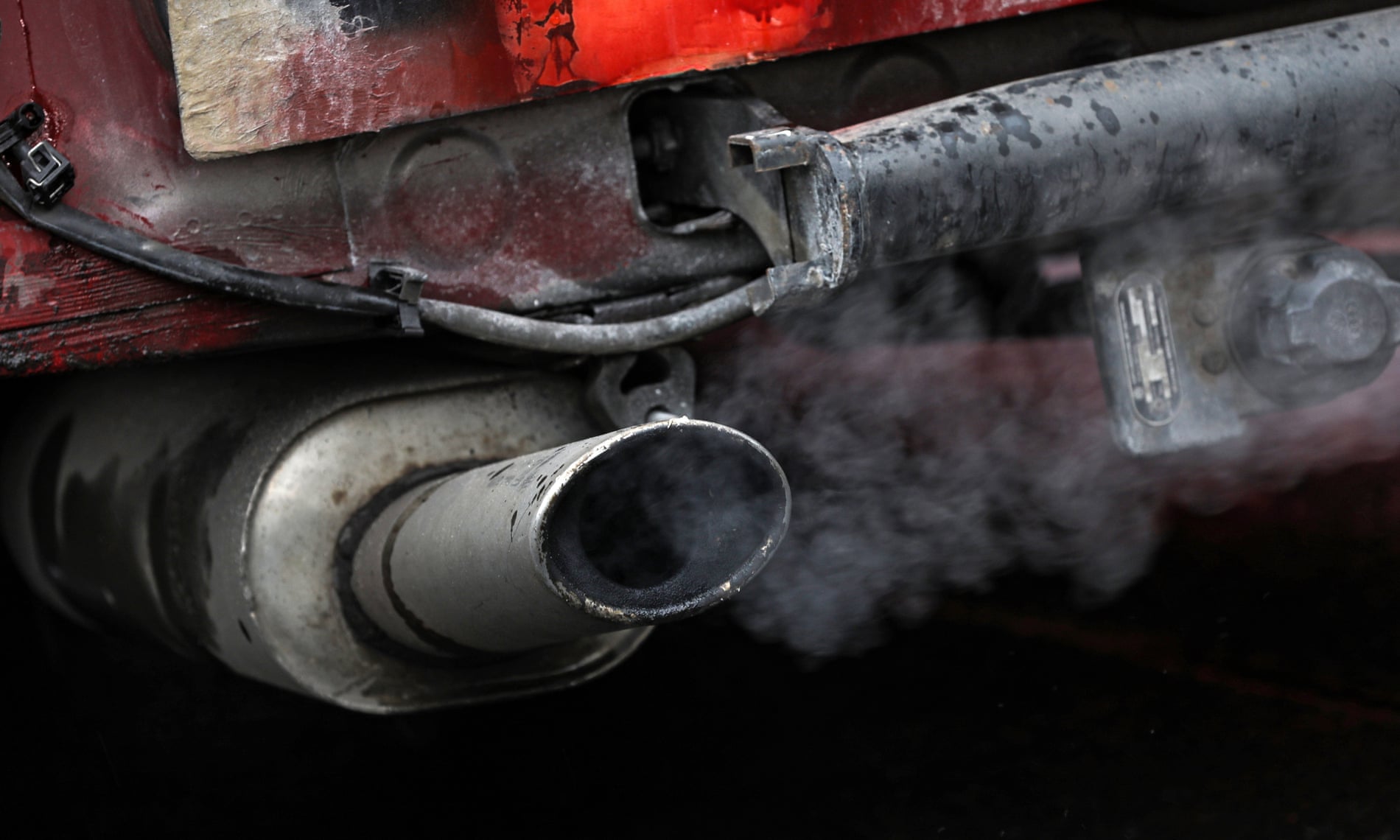Dirty lies: how the car industry hid the truth about diesel emissions for profit at the expense of many lives
It was clear right away that something was off. At first, German wondered if the cars might be malfunctioning, and he asked if a dashboard light had come on. That didn’t really make sense, though – the cars had just passed the California regulators’ test. His partners thought there might be a problem with their equipment, and they recalibrated it again and again. But the results didn’t change. Nitrogen oxide (NOx) pollution from the Jetta’s tailpipe was 15 times the allowed limit, shooting up to 35 times under some conditions; the Passat varied between five and 20 times the limit. German had been around the auto industry all his life, so he had a pretty good idea what was going on. This had to be a “defeat device” – a deliberate effort to evade the rules.
Months later, California ran new tests. Emissions were still far over the limit. Now regulators wanted to see the software controlling the vehicles’ pollution systems. And they made an extraordinary threat to get it: if Volkswagen did not turn over the code, it would not get the approvals it needed to sell cars in California and a dozen states that used its standards. The EPA threatened to withhold certification for the entire US market. “That,” German says, “was when VW came clean.”
Dieselgate, as it became known, exploded into one of the biggest corporate scandals in history.
The software detected when emissions tests were being run, and pollution controls – components inside the engine that reduce emissions, sometimes at the expense of performance or fuel consumption – worked fine under those circumstances. But outside the lab, the controls were switched off or turned way down, and NOx levels shot up as high as 40 times the legal limit. With mind-boggling gall, Volkswagen had even used the software update it was forced to carry out to improve cars’ ability to detect when they were being tested.
In Germany, testers found all but three of 53 models exceeded NOx limits, the worst by a factor of 18. In London, the testing firm Emissions Analytics found 97% of more than 250 diesel models were in violation; a quarter produced NOx at six times the limit. “As the data kept coming in, our jaws just kept dropping.
In the US, where only around 2% of cars are diesel, the rule-breaking had an impact. But the health consequences have been far more severe in Europe, where drivers had been encouraged for years to buy diesel cars – when the scandal broke, they accounted for more than half of all sales. In 2015 alone, one study found that failure to comply with the rules caused 6,800 early deaths. To put it more plainly, tens of thousands of people had died because carmakers felt so free, for so long, to flout the law.
A shocking and fascinating story at www.theguardian.com/environmen…
#dieselgate #NOx #airpollution

from Beiträge von Danie van der Merwe https://ift.tt/2WjP0im
via IFTTT
Months later, California ran new tests. Emissions were still far over the limit. Now regulators wanted to see the software controlling the vehicles’ pollution systems. And they made an extraordinary threat to get it: if Volkswagen did not turn over the code, it would not get the approvals it needed to sell cars in California and a dozen states that used its standards. The EPA threatened to withhold certification for the entire US market. “That,” German says, “was when VW came clean.”
Dieselgate, as it became known, exploded into one of the biggest corporate scandals in history.
The software detected when emissions tests were being run, and pollution controls – components inside the engine that reduce emissions, sometimes at the expense of performance or fuel consumption – worked fine under those circumstances. But outside the lab, the controls were switched off or turned way down, and NOx levels shot up as high as 40 times the legal limit. With mind-boggling gall, Volkswagen had even used the software update it was forced to carry out to improve cars’ ability to detect when they were being tested.
In Germany, testers found all but three of 53 models exceeded NOx limits, the worst by a factor of 18. In London, the testing firm Emissions Analytics found 97% of more than 250 diesel models were in violation; a quarter produced NOx at six times the limit. “As the data kept coming in, our jaws just kept dropping.
In the US, where only around 2% of cars are diesel, the rule-breaking had an impact. But the health consequences have been far more severe in Europe, where drivers had been encouraged for years to buy diesel cars – when the scandal broke, they accounted for more than half of all sales. In 2015 alone, one study found that failure to comply with the rules caused 6,800 early deaths. To put it more plainly, tens of thousands of people had died because carmakers felt so free, for so long, to flout the law.
A shocking and fascinating story at www.theguardian.com/environmen…
#dieselgate #NOx #airpollution

from Beiträge von Danie van der Merwe https://ift.tt/2WjP0im
via IFTTT
Comments